9 Resources That Help You Live And Work Anywhere
Everything you need to build a global and mobile life.
Welcome to Digital Citizen 👋
After building businesses across multiple countries, one thing became clear. Success is not tied to one system, one location, or one way of thinking.
In today’s world, you can design life on your terms. Globally, intelligently, and with intention.
Digital Citizen is your guide to living smarter, working freely, and navigating a borderless world with clarity.
Subscribe to join a growing community of independent minds building a future without permission.
How This List Came Together
I have lived and worked in different countries for years. Some places felt like home from the start. Others were difficult. Over time, what made the difference was not just the city or the people that I met, but also the tools I used and could rely on.
When you move around a lot, small problems pile up fast. Your bank blocks your card. The Wi-Fi drops during a call. You forget which country you are insured in. It can be very stressful. And it slows you down.
That is why I kept tweaking and tweaking my stack over the years. Over time, a list of things came together, that made things smoother. Some (actually most) came through trial and error. Others I picked up from people further ahead.
I’m sharing them here because I wish I had this list earlier. No bs, no affiliate links. Just tools I actually use.
Each one solves a specific problem. Together, they help you live and work from almost anywhere. This post includes personal insights, so you can see how they work in real life.
These are not all the tools I use, but the most important ones.
1. Wise
What it does
Wise lets you send, receive, and hold money in multiple currencies with low fees and real exchange rates. It works like a global bank account, but simpler.
Why I use it
I have used Wise in at least 20 countries. It saved me when my traditional bank blocked a card abroad or charged hidden fees. I use it to pay rent, receive payments, and move money between accounts without worrying about exchange rates.
The best part is being able to hold different currencies. When I get paid in euros but spend in Thai baht, it works. And I can send money home or to partners in minutes, not days.
Why it matters for digital citizens
If you live or work across borders, you need a way to move money without stress. Wise gives you control, transparency, and speed. It’s not a full bank, but it covers most needs better than one.
Pro tip
Once you settled in a place, open a local bank account, and send money from Wise to this account. Depending on the tax on the money sent into the local account (like in Thailand, everything remitted is taxed) keep this amount low.
2. Airalo
What it does
Airalo sells eSIMs for almost every country. You can buy mobile data before you land and connect the moment you touch down. No physical SIM, no store visits.
Why I use it
I started using Airalo after arriving late in the UAE with no local SIM card, no working Wi-Fi, and the necessity to urgently book an express Covid-19 test, to be able to travel further. Since then, I preload an eSIM before every flight. It takes a few minutes to install and works when I land.
It’s especially helpful during stopovers or short stays where getting a local SIM is not worth the hassle (or the money). I have used it across Southeast Asia, Europe, and the Middle East.
Why it matters for digital citizens
Staying connected is non-negotiable. Whether you are booking a ride, checking into a place, or joining a call, Airalo helps you skip the chaos and get online immediately.
Pro tip
Some countries have better plans than others. If the local Airalo option is expensive, try regional eSIMs (like “Asia 10 countries” or “Europe 39 countries”) as they often have better value.
3. CyberGhost VPN
What it does
CyberGhost VPN hides your IP address and encrypts your internet traffic. It helps you stay private and access websites freely, even in places where the internet is restricted or monitored.
Why I use it
I have used CyberGhost mostly in airports, hotels, and co-working spaces. I don’t keep it on 24/7, but when I connect to public Wi-Fi, I always turn it on. It gives me peace of mind that my data is not exposed.
It also helps when certain websites or apps are blocked in the country I’m in. I use it to access banking apps (especially crypto), Google services, and even booking platforms that were otherwise unavailable.
Why it matters for digital citizens
When you move between countries, the rules sometimes change, and so does internet access. A VPN gives you a stable layer of privacy, no matter where you are. It’s one of those tools you won’t need every day, but when you do, you really need it.
Pro tip
Set up your preferred server locations in advance. That way, you can switch fast if your default connection is slow or blocked.
4. Telegram
What it does
Telegram is a fast, encrypted messaging app with cloud-based chat, large group support, and file sharing. It works reliably across all devices, even with weak connections.
Why I use it
In some countries, WhatsApp is standard. In others, nobody uses it. Telegram is the one app I have seen used almost everywhere, especially by remote workers, startup groups, and crypto communities.
You can join local groups to find housing, ask questions, or meet people. I’ve used it for team chats, shared folders, and even document storage. Actually we created and run a business solely by using Telegram once. Crazy, but I actually worked.
Why it matters for digital citizens
Telegram works across borders. It’s not locked into one region or ecosystem. You can chat, coordinate, and share files without worrying about SIM cards or contact syncing. And if you’re in a place where other apps don’t work well, Telegram usually still does.
What I appreciate most
Founder Pavel Durov has publicly resisted government demands to insert encryption backdoors, even saying Telegram would pull out of markets rather than compromise user privacy.
That refusal makes it a stronger choice for people traveling through countries that might try to spy on communications.
Pro tip
Search for “[city name] digital nomads” or “[city name] rentals”, you will often find active Telegram groups with useful local info.
5. Notion
What it does
Notion is an all-in-one digital workspace. You can use it to take notes, manage tasks, build databases, write documents, or plan projects. Everything stays synced across devices.
Why I use it
I have tried using dozens of productivity tools or tools to organise myself. Notion is the one I keep coming back to. I use it to plan my week, store personal docs, outline business ideas, and write posts like this one.
It helps me stay focused when my life is not in one place. I can work from a café in Bangkok or a coworking space in Yerevan, and still feel like I’m operating from the same desk.
Why it matters for digital citizens
When you move a lot, routines get messy. Notion gives you a digital HQ. It replaces sticky notes, lost notebooks, and scattered Google Docs. And you can still use those other tools (I do too) but make Notion the “centre” which ties everything together.
Pro tip
Use it offline. Just open the page before you go somewhere without Wi-Fi. It’ll stay cached, and you can still make updates.
6. SafetyWing
What it does
SafetyWing offers global health insurance designed for remote workers, nomads, and long-term travelers. It covers doctor visits, emergencies, and hospital stays in most countries.
Why I use it
I used to hate looking for insurance. It felt complicated, expensive, and tied to one country. But once I started moving more, I realized I needed coverage that followed me.
SafetyWing was the easiest to set up. It took a few minutes. No paperwork, no home address required (although at the time in Cyprus, I actually had one). And when I did need help (once for a checkup and once for a last-minute hospital visit when I had food poisoning) it worked. Fast support, clear info, no surprises.
Why it matters for digital citizens
Traditional insurance assumes you stay in one place. But if you live across borders, that model breaks. SafetyWing was built with people like us in mind.
Pro tip
You can start coverage even after you’ve left your home country. That flexibility makes it easy to stay protected without perfect planning.
7. Stripe
What it does
Stripe lets you accept online payments from anywhere in the world. You can use it to run a business, sell services, or build a product. And all that without needing a physical presence in one country.
Why I use it
When I started working independently, getting paid felt harder than doing the actual work. Stripe changed that. I’ve used it to run subscription products, and build client invoices into simple checkout flows.
It connects easily with tools like Notion, Webflow, and Zapier. You surely do not need a developer for that. And if you want to launch something new, you do not have to build the payment part from scratch.
Why it matters for digital citizens
Many digital citizens want to be location-independent, but also income-independent. Stripe gives you that freedom (although you still have to create a product that people love). It is reliable, trusted by many platforms, and gives you a real business foundation you can grow from anywhere.
Pro tip
If you’re outside the U.S., look into Stripe Atlas, which helps you register a U.S. company and bank account, so you can use Stripe even without a U.S. address.
8. Meetup
What it does
Meetup helps you find local events, gatherings, and interest-based groups wherever you are. You can join existing meetups or create your own.
Why I use it
I don’t use Meetup a lot anymore, but I used to. In the early days of moving around, it helped me feel less alone. It gave structure to my evenings and made new places feel more familiar. These days, I meet people through work or mutual friends, but I still keep Meetup installed. Just in case I need it again.
It’s also one of the few platforms where everyone shows up expecting to meet others. That makes it easier to walk into a room where you know no one (because you’re not the only one who feels that way).
Why it matters for digital citizens
When you change locations often, loneliness is a real thing. Having a way to connect with people face-to-face will make a huge difference. Meetup makes that part easier.
Pro tip
Look beyond the obvious. Some of the best events aren’t labeled “digital nomad”. They are interest-based: writing groups, AI meetups, meditation circles. Those are where the good conversations happen.
9. Dropbox
What it does
Dropbox stores your files in the cloud and keeps them synced across all your devices. You can access documents, photos, or backups from anywhere (even offline).
Why I use it
I never store anything locally. Ever. Everything I work on lives in the cloud, and Dropbox is my default. I keep important files there, such as contracts, PDFs, travel docs, scanned IDs and I know I can get to them whether I’m on my laptop, phone, or someone else’s computer.
It is not the flashiest tool, but it works well for me. And it has saved me more than once when I lost a charger, switched devices, or had to send a document at the last minute from an airport lounge.
Why it matters for digital citizens
You can’t rely on one device or one location when you move around. Dropbox gives you peace of mind. And if you lose your hardware, your data is still all there.
Pro tip
Use selective sync to avoid clogging your laptop with big files. And mark key folders for offline access on your phone, it saves you when Wi-Fi disappears.
Final Thoughts
This was fun to write. Going through each tool made me realize how much they have shaped the way I live and work, and how many memories are attached to each one.
Some of them helped me feel safe, others helped me stay organised or find my footing in a new city. I have an emotional connection to them because they have been there in moments where things could have easily gone wrong.
Living and working across borders can be a mess. These tools help remove a lot of the friction. I don’t use all of them every day. Some only in certain places. But I trust each one enough to keep it close. And I recommend all of them to anyone trying to live and work more freely.
If there is a tool you rely on that is not listed here, I would love to hear about it. You can reply to this post or message me directly.
Thanks for reading.
If you liked this, you might also like …
Thanks for reading and see you soon! ❤️
If you’re enjoying Digital Citizen, tap ❤️ and 🔄 at the top to help more curious minds find their way here. It means a lot.



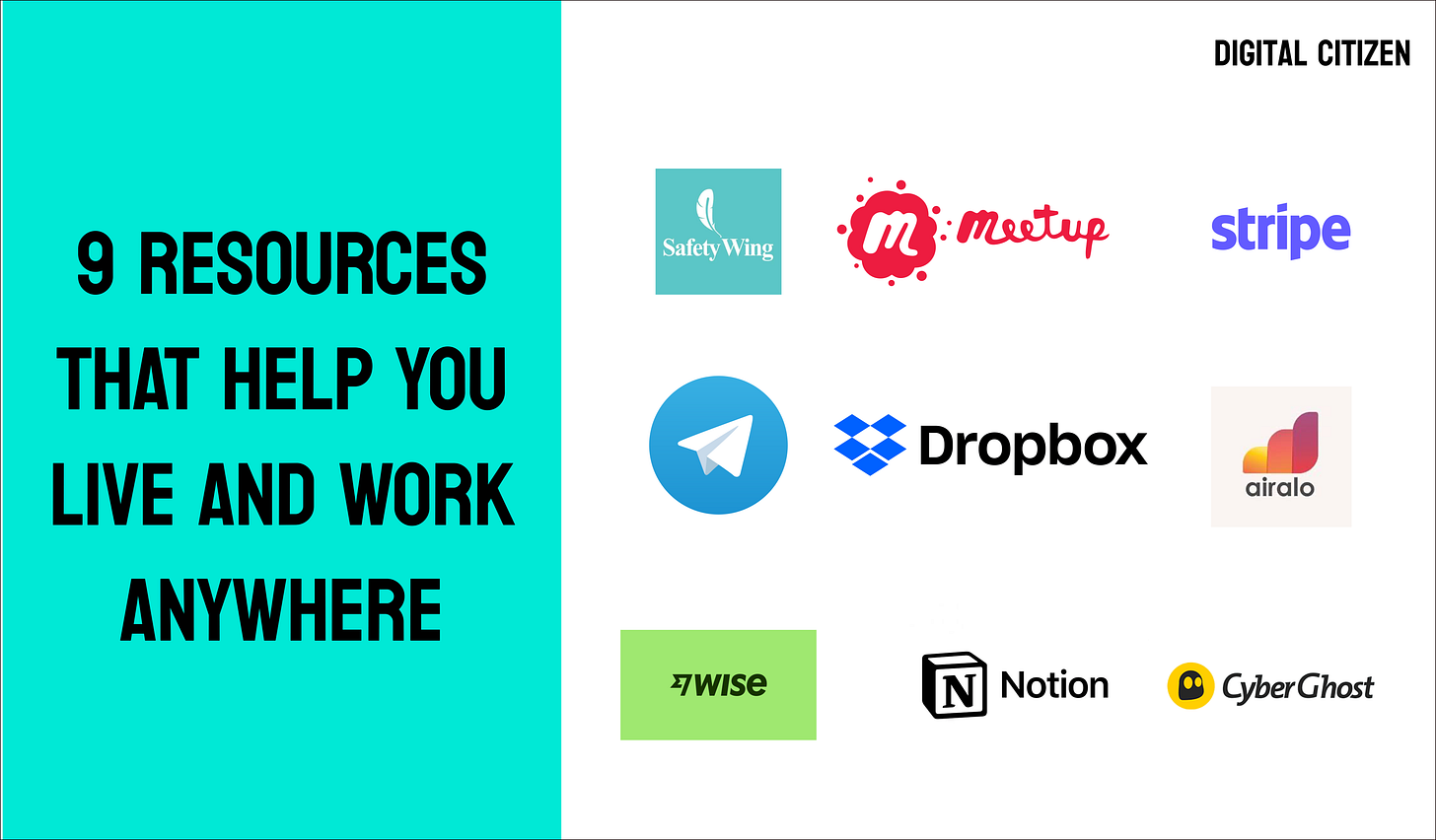
![How to receive money from overseas using Wise: Full Guide [2025] - Exiap How to receive money from overseas using Wise: Full Guide [2025] - Exiap](https://substackcdn.com/image/fetch/$s_!viAA!,w_1456,c_limit,f_auto,q_auto:good,fl_progressive:steep/https%3A%2F%2Fsubstack-post-media.s3.amazonaws.com%2Fpublic%2Fimages%2F230f0b3c-b214-4fed-8861-82fdb1a83b69_1000x525.jpeg)

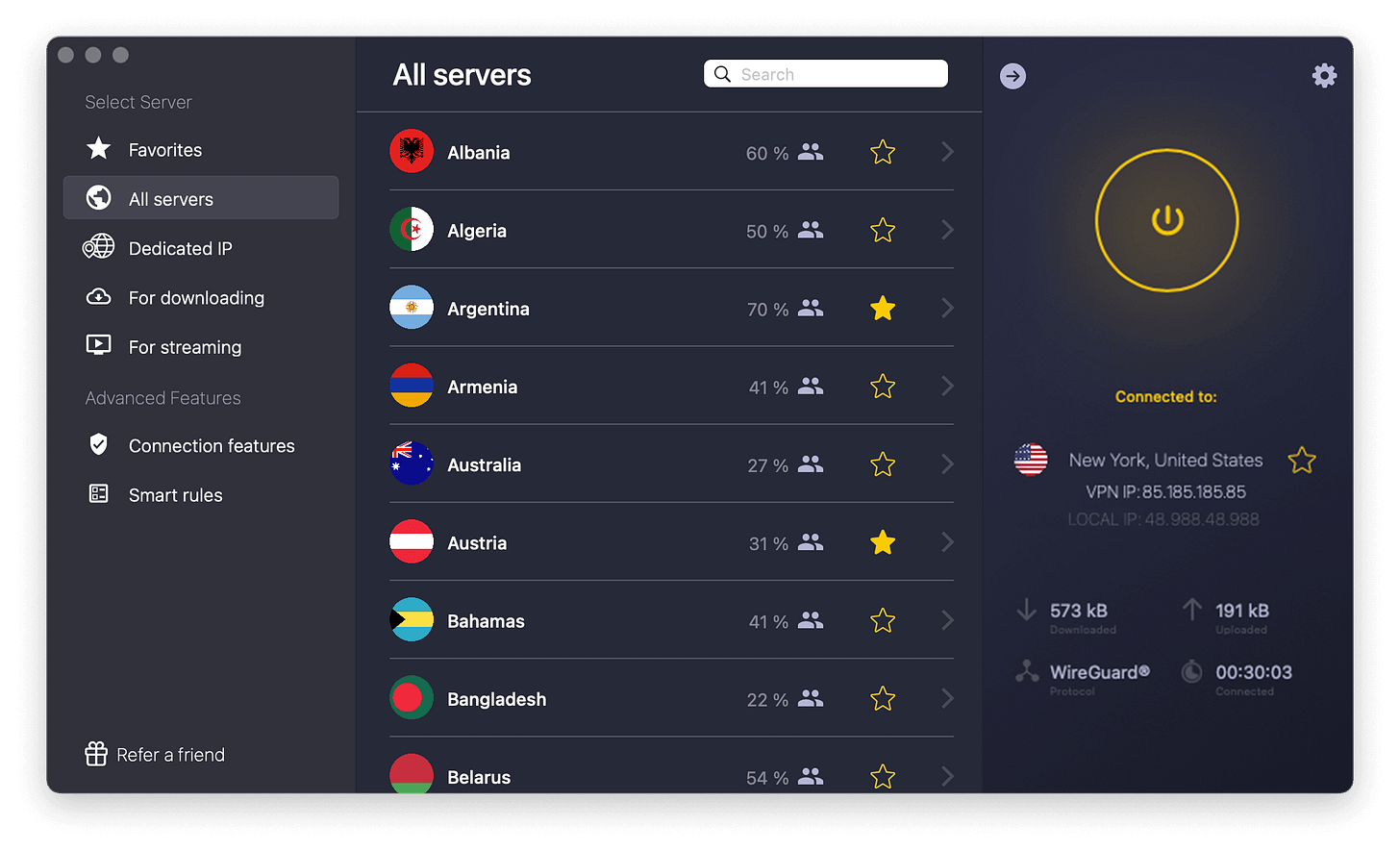
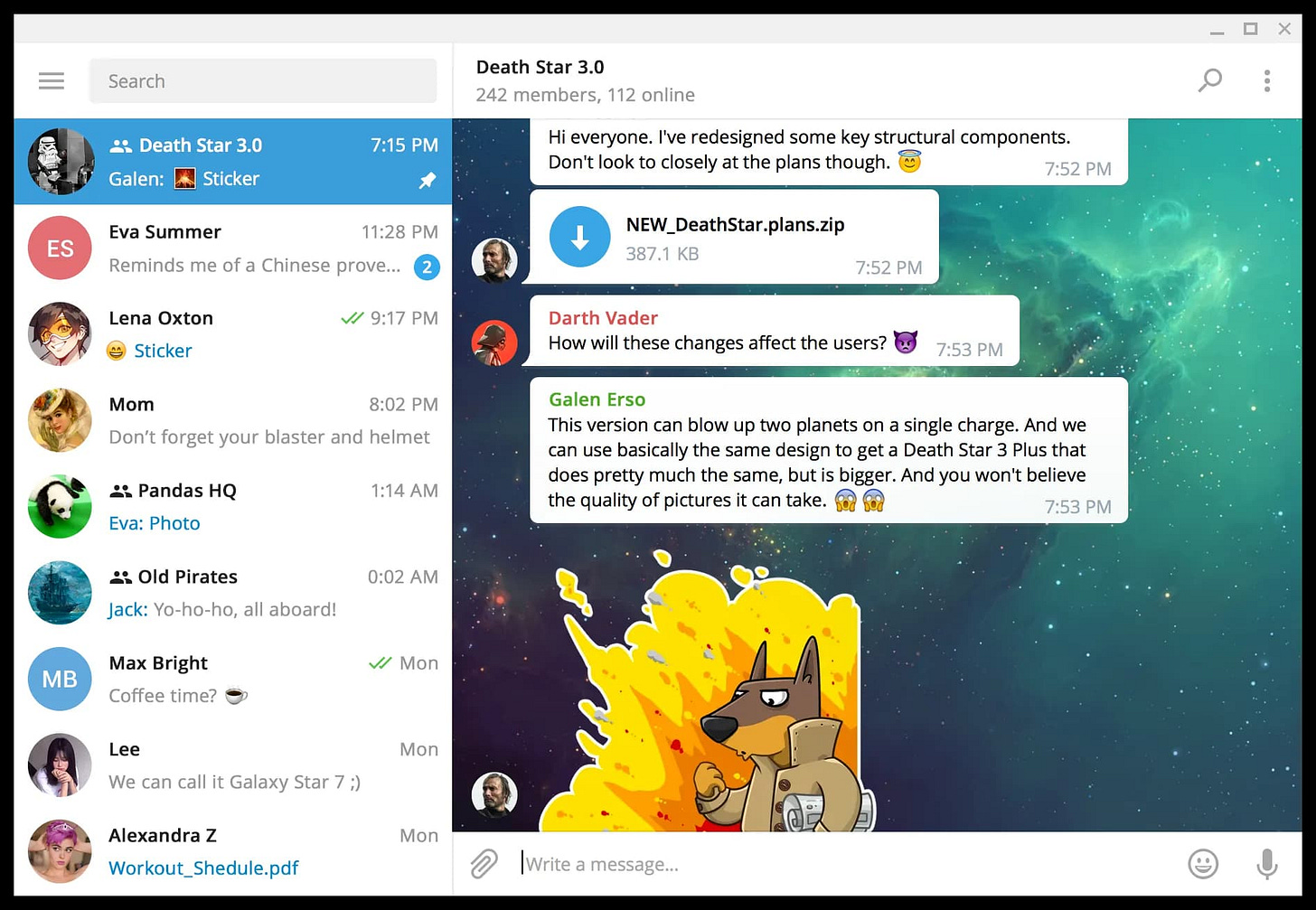

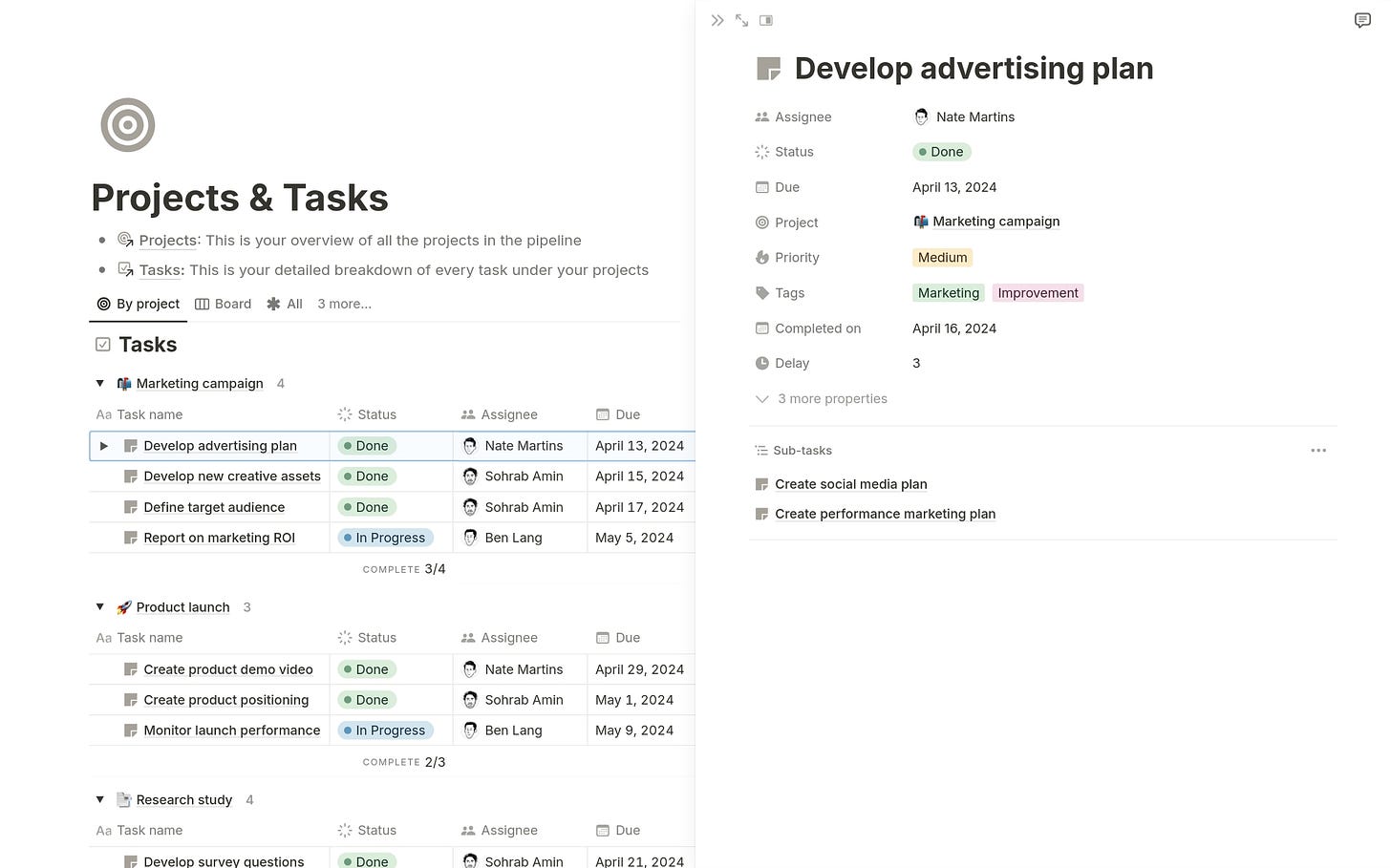

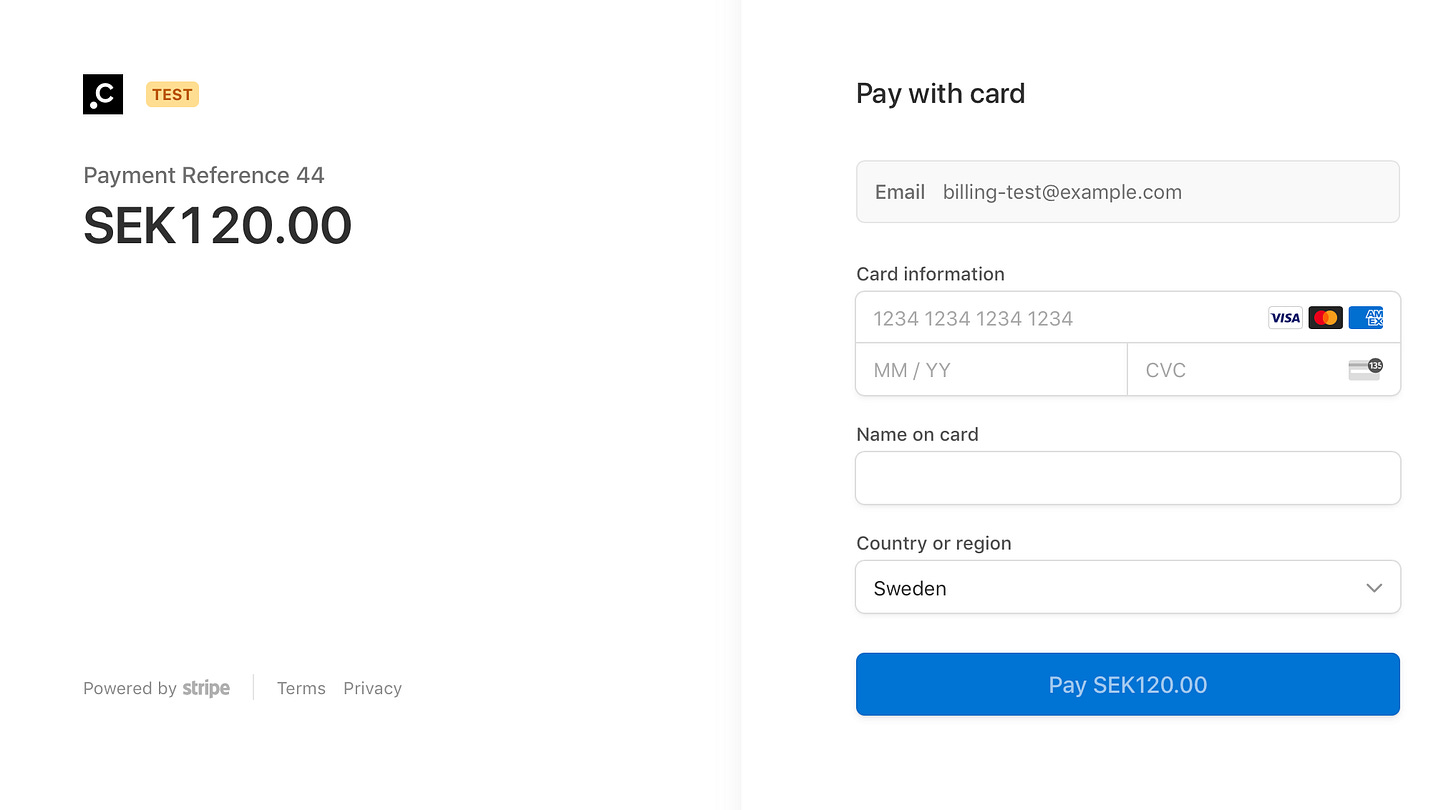
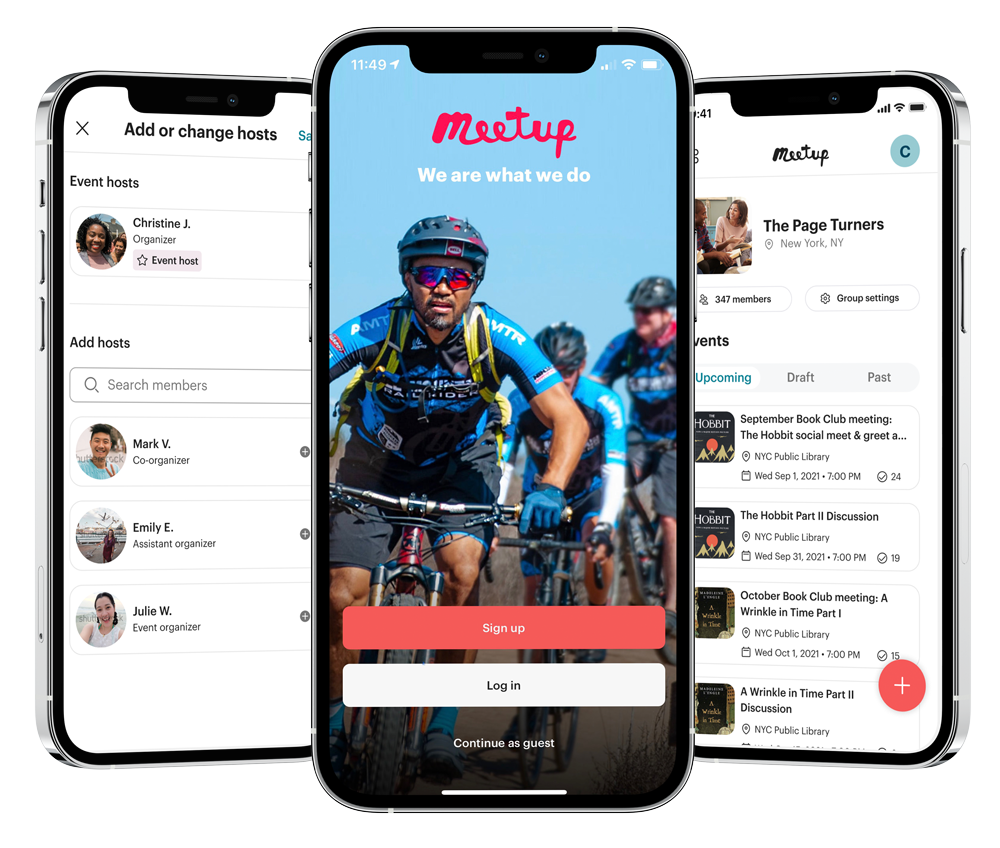

I use most of those things I especially like Airlock. Notion, not so much.